Description
In an age where consumer attention is fragmented, technology is evolving at lightning speed, and marketing budgets are scrutinized more than ever, the role of advertising agencies has undergone a seismic shift. Once viewed as the creative powerhouses behind glossy TV commercials, print spreads, and catchy jingles, today’s agencies are expected to be data scientists, growth consultants, content creators, customer experience experts, and ROI-focused strategists—all at once.
Advertising agencies used to operate in a more predictable world. Media buying followed fixed seasonal cycles. Creativity reigned supreme. And the relationships between agencies and clients often spanned decades. But the digital revolution has redefined these dynamics. With platforms like Google, Meta, and Amazon controlling how brands are discovered and engaged, agencies must now balance creative vision with deep platform expertise, real-time analytics, automation tools, and constantly shifting algorithms.
This digital disruption hasn’t just introduced new tools—it has rewritten the rules of the game. Clients demand faster turnarounds, more measurable results, and complete transparency. Performance-based contracts are replacing retainers. Freelancers and in-house teams are increasingly viewed as cost-effective alternatives. At the same time, the rise of artificial intelligence, influencer marketing, and personalized content delivery has made agency roles both more complex and more crucial than ever.
Despite these pressures, advertising agencies remain central to modern marketing ecosystems. They bring together multidisciplinary teams that can merge strategic insight with creative execution, ensuring brand consistency and campaign effectiveness across channels. However, to stay relevant and competitive, agencies must evolve continuously—not just in what they do, but in how they think, operate, and engage with clients.
This article dives deep into the key challenges advertising agencies face in today’s fast-paced marketing world, including talent retention, performance measurement, platform dependency, client expectations, and more. But rather than just diagnosing the problems, we aim to offer practical, actionable solutions—from adopting agile workflows and leveraging martech stacks, to rethinking client-agency relationships and embracing specialization.
Whether you’re running a boutique agency, managing a large creative network, or looking to understand the shifting dynamics of the industry, this comprehensive guide will provide clarity, insight, and a roadmap for navigating the present and building a future-ready agency.
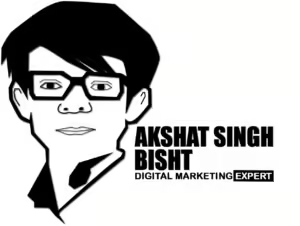




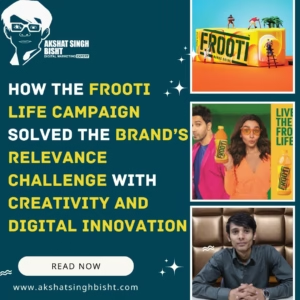
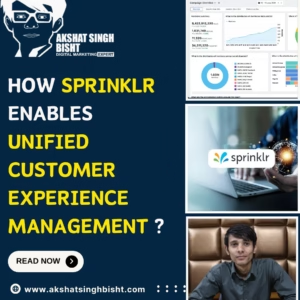
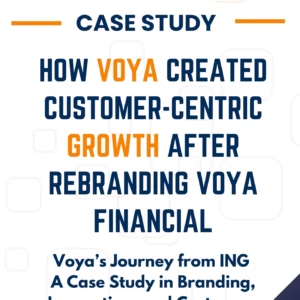


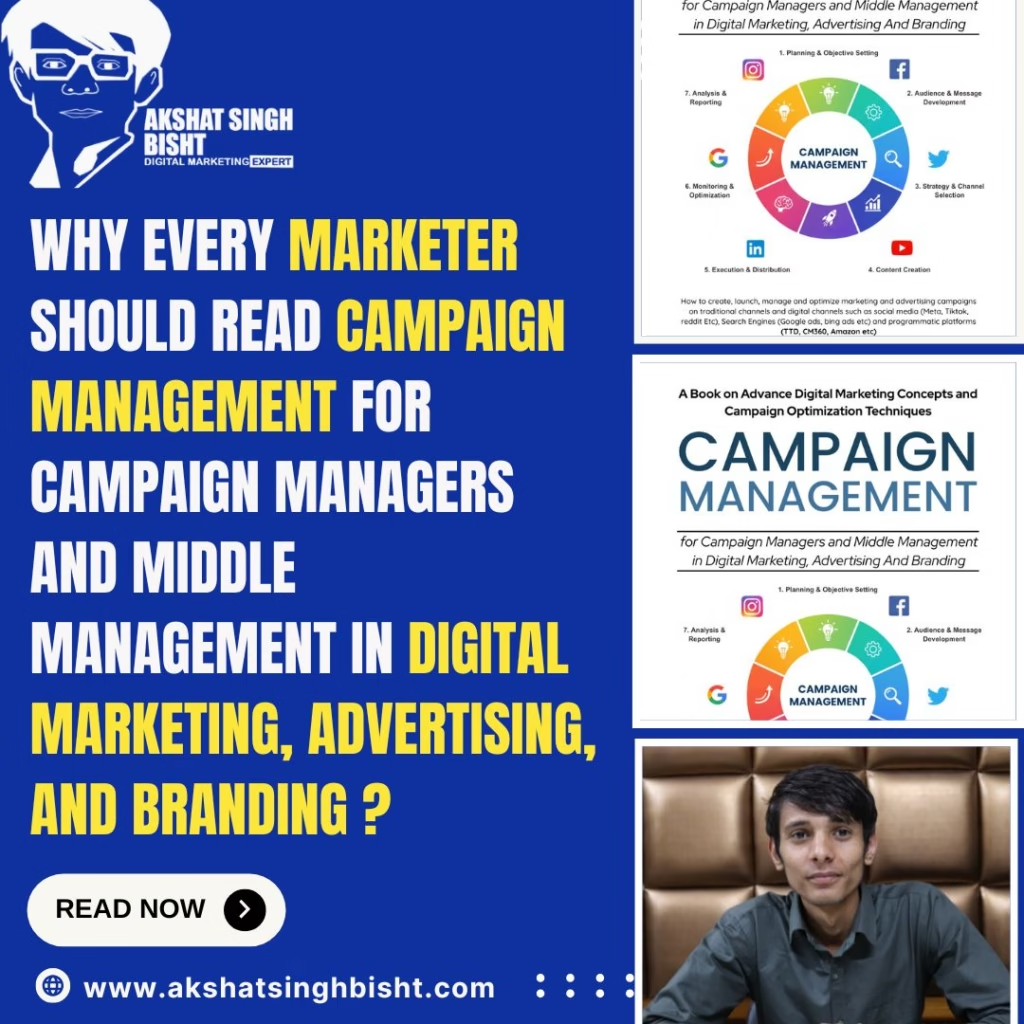
Reviews
There are no reviews yet.